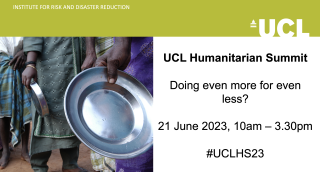UCL Humanitarian Summit 2023: Doing even more with even less?
21 June 2023, 10:00 am–3:30 pm
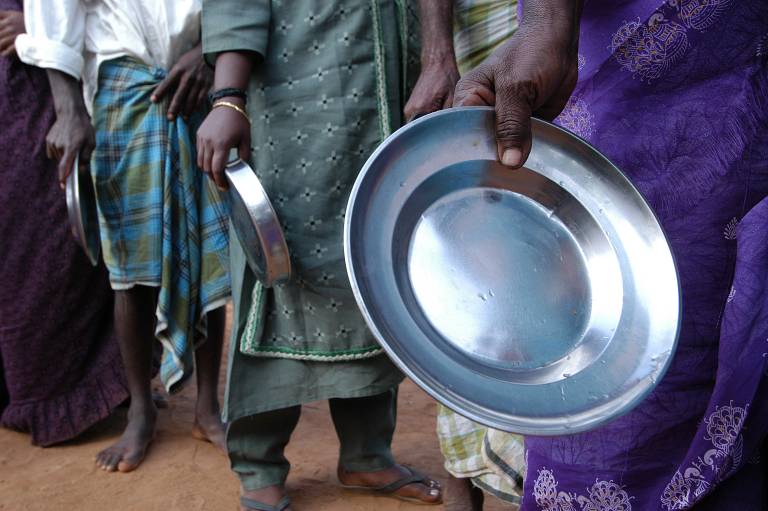
Humanitarians have been exhorted to ‘do more with less’ for many years in the face of rising need and declining resources, as well as climate change predictions, a spiralling global population and climbing inequity. Is this imperative useful? Is it true, from the perspectives of both need and funding? Is it possible? Join the debate at the 2023 UCL Humanitarian Summit.
This event is free.
Event Information
Open to
- All
Availability
- Yes
Cost
- Free
Organiser
-
Dr Lisa Guppy – UCL Institute for Risk and Disaster Reduction
Location
-
Roberts Building 106Roberts Engineering BuildingMalet Place, off Torrington PlaceLondonWC1E 7JEUnited Kingdom
In 2023, the UCL Humanitarian Summit will explore the theme of 'doing even more with even less' with key IRDR experts, practitioners and researchers from all walks of life and experiences to deliver a thoughtful and useful day to researchers, policy makers, practitioners, students and the interested public.
Standard rhetoric in the international humanitarian world is that humanitarian need is growing and resources are declining compared to the amount of funding that is requested to meet that need. In 2022, the proportion of funding provided to that requested was 55%. This follows a trend highlighted in the Global Humanitarian Assessment Report 2023.
At the start of 2023, the United Nations states that 339 million people will need humanitarian assistance and protection – one in every 23 people. This is a significant increase from the 274 million people counted at the beginning of 2022. The IASC-led international systems aims to assist 230 million people in 2023, which will require US$51.5 billion.
Humanitarians have been exhorted to ‘do more with less’ for many years in the face of rising need and declining resources, as well as climate change predictions, a spiraling global population and climbing inequity. However, we must question if this imperative is useful; is it true, from the perspectives of both need and funding; and is it possible?
This year's Humanitarian Summit is being convened by Dr Lisa Guppy and will feature contributions from key IRDR experts, practitioners and researchers from all walks of life and experiences.
#UCLHS23
Programme
This programme is subject to change.
9:30–10:00 | Registration |
10:00–10:05 | Welcome - Prof Joanna Faure-Walker, Head of Department, IRDR |
10:05–10:15 | Introduction: Doing even more with even less? – Dr Lisa Guppy |
10:15–10:45 | Keynote 1: The State of Humanitarian Assistance – Claudia Wells, International Hub Director, Development Initiatives |
| 10:45–11:00 | Video from the field: UNICEF, Sudan including Q & A live from Beirut with Leon Chammah |
11:00–12:15 | Panel discussion: Policy and Framework of doing even more with even less – Dr Estella Carpi
|
12:15–13:45 | Break |
13:45–14:00 | Video from the field: Care, Syria including Q & A live from Türkiye with Thomas Bamforth |
14:00–15:00 | In conversation: Professor David Alexander interviews Stuart Kefford, UN Resident Coordinator’s Office; Maria Kett, UCL; and James Smith, UCL |
| 15:00–15:30 | Conference close |
| 15:30–17:00 | Tea and coffee |
Confirmed speakers
Keynote 1: The State of Humanitarian Assistance
- Claudia Wells, International Hub Director, Development Initiatives, UK
- Claudia Wells is the International Hub Director at Development Initiatives. She leads the development and implementation of Development Initiatives’ strategy at the international level. She directs DI’s major international programmes and projects to ensure they are working with the right partners to deliver on DI’s three strategic goals: strengthen data ecosystems, increase the use of data driven evidence, create a culture of data use. She was previously Director of Data Use for three years, where she worked closely with stakeholders to support them in their use of data and evidence as well as directing research and learning on data use. She is a member of the technical advisory group for the Global Partnership for Sustainable Development Data and serves on the programme committee for the UN World Data Forum.
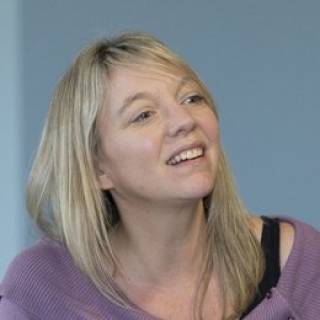
Prior to joining DI, Claudia was Head of Sustainable Development Goals and Environmental Statistics at the UK Office for National Statistics where she was responsible for developing new data and analysis for a wide range of users, from informing the everyday decisions of the public, to working across government providing robust evidence for policy makers. She has over 20 years’ experience of developing new statistics and analyses and of communicating evidence to national and international policy makers on poverty, health, inequality, Sustainable Development Goals, environmental statistics, and data use.
View Claudia Wells' full profile
Find Claudia Wells on LinkedIn
Panel discussion: Policy and Framework of doing even more with even less [Chair: Dr Estella Carpi, UCL IRDR]
- Dr Mohammad Salehin, University of Tromsø- The Arctic University of Norway, Norway
- Mohammad Salehin is an Associate Professor and Academic Coordinator of the Master of Peace and Conflict Transformation Programme (MPCT) at the Centre for Peace Studies (CPS), University of Tromsø- The Arctic University of Norway. Salehin holds a PhD in Sociology from the University of Sydney (Australia), an MPhil in Peace and Conflict Transformation from University of Tromsø (Norway). He has taught at the University of Sydney, University of Bergen, and Bangladesh Agricultural University. He has published on gender, (faith-based) development, Islam, democracy, NGOs, terrorism, human security, and governance. His research interest also includes migration and refugee issues, citizenship and minority issues.
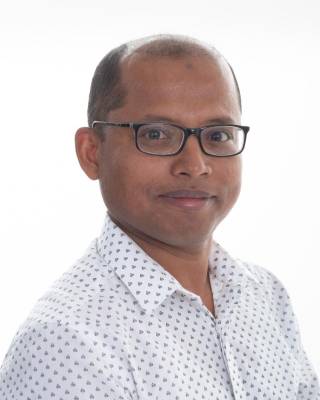
Latest book: “Islamic NGOs in Bangladesh: Development, Piety and Neoliberal governmentality”
View Dr Salehin's full profile
Photo: Torje Jenssen
- Dr Rozana Himaz, UCL Institute for Risk and Disaster Reduction, UK
- Rozana Himaz is Associate Professor in Humanitarian Economics at the UCL Institute for Risk and Disaster Reduction. Her research areas include policy impact evaluation, child welfare, and risk and disaster reduction. She has worked on issues in Ethiopia, India, Sri Lanka, Vietnam, Indonesia and the UK. Before joining UCL Rozana was a researcher at the Department for International Development at Oxford University and has been a consultant for the World Bank and the International Labour Organisation.
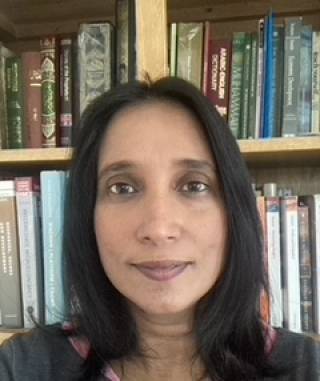
- Shahin Ashraf, MBE, Islamic Relief Worldwide, UK
- Shahin Ashraf is Head of Global Advocacy for Islamic Relief Worldwide, and a local Councillor in Solihull for the Green Party.
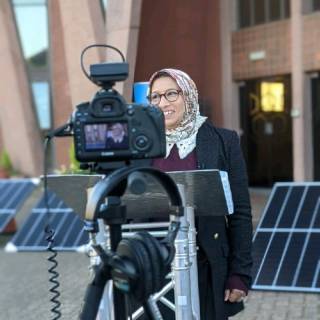
- Anne Harmer, Elrha, UK
- Anne Harmer has been the Head of the Research for Health in Humanitarian Crises (R2HC) programme at Elrha since 2015. Whilst she oversees all elements of the programme, the major focus of her work is to ensure that research outputs influence policy and practice.
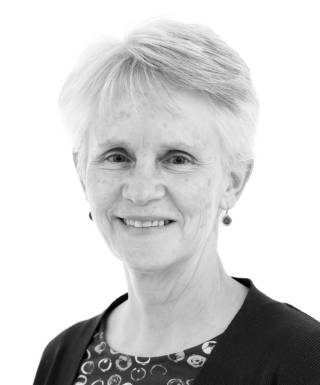
Before joining Elrha, Anne spent more than 20 years managing international development programmes in the South-East Asia region. She has a public health background specialising in sexual and reproductive health and rights, and has worked for many years with NGOs and the United Nations Population Fund to increase access to services for marginalised and excluded people.
In Conversation
- Stuart Kefford, UN Resident Coordinator’s Office, Turkey
- Stuart Kefford is Senior Advisor to the Humanitarian and Resident Coordinator, Turkiye in the UN Resident Coordinator’s Office. He has more than twenty years of experience from a number of hardship field operations, and the more comfortable humanitarian hub in Geneva. He has worked with a number of UN agencies, NGOs and the Red Cross/Crescent Movement (IFRC) during his career, and with he leadership team in a number of humanitarian operations.
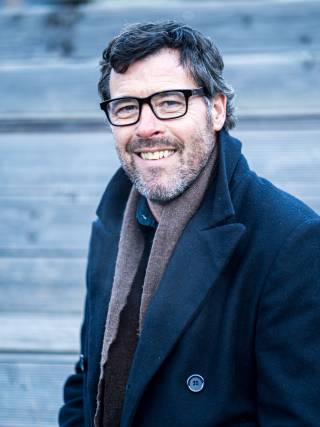
Stuart’s experiences include long term assignments in North Korea, South Sudan, Kosovo, Ethiopia and Afghanistan, and a number of shorter assignments as an advisor to the Humanitarian and Resident Coordinator in Sudan, Afghanistan, Libya, Kenya, Jordan, Iraq, Liberia. He left the UN as a full-time staff member in December 2022 and now works in operations and leadership development initiatives as a consultant. He is currently in Türkiye to support the transition from humanitarian to recovery after the earthquake (the nexus).
In more recent years Stuart has been working directly with the leadership in operations and supporting research and training for UN agency representatives, NGO country directors, and Heads of Delegation from the IFRC. Prior to this, in 2018 and 2019, Stuart was deployed by the UN’s Office for the Coordination for Humanitarian Affairs (OCHA) to southern Ethiopia to head the organisation’s sub-national office for the IDP response in Gedeo-West Guji, where violent conflict had displaced almost one million people from their homes.
Stuart gained substantial exposure to the challenges of senior leadership and operational dynamic at the senior level during a four-year stint, between 2015 and 2018, with the independent Peer-2-Peer Support Project that carried out forward-looking operational reviews to assess the effectiveness of operational delivery and advisory support to overcome the challenges. He carried out twelve reviews with senior colleagues in some of the most critical humanitarian operations around the world.
In earlier days, Stuart worked as a civilian advisor to NATO on a civil-military experiment at the Alliance’s US headquarters in Norfolk, Virginia; spent almost four years in Southern Sudan managing UNICEF’s national child soldier demobilisation and reintegration project, and conducting research on small arms and disarmament, for the British NGO, Saferworld. He also worked with child soldiers in Afghanistan; spent almost three years heading the OSCE’s democratisation team in the Pejë/Peć field office in Kosovo; and managed humanitarian projects for Children’s Aid Direct (CAD) in North Korea (before the NGO went bankrupt, necessitating a fairly rapid departure from the country).
Stuart is a United Kingdom national. He holds a Master’s degree in International Development Studies from Leeds University, and has authored and co-authored work on DDR in Southern Sudan; the EU’s potential role in Conflict Prevention; and UK Export Laws regarding small arms. Stuart is an active skier in the winter and cyclist in the summer. He is incrementally slowing down in both disciplines.
- Dr Maria Kett, UCL Institute of Epidemiology and Health Care, UK
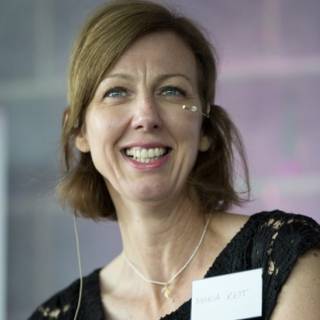
Dr Maria Kett is Associate Professor in Humanitarianism and Disability in the UCL Institute of Epidemiology & Health. She has extensive research experience, with a strong focus on research in conflict and disaster-affected countries. She sits on a number of national and international research and advisory committees and has published widely in the field.
- James Smith, UCL, UK
- James is a British physician with almost a decade of experience working with various humanitarian health organisations and initiatives, most notably with Médecins Sans Frontieres / Doctors Without Borders (MSF) with which he occupied medical, research, pedagogical, advocacy and humanitarian affairs positions. Most recently he worked as Regional Migration Referent with MSF in Johannesburg, in support of MSF’s activities in the Southern Africa region. He now works with UCL as Lecturer in Humanitarian Policy and Practice and Deputy Director of an upcoming MSc programme by the same title.

- Professor David Alexander, UCL IRDR, UK
- David Alexander is Professor of Risk and Disaster Reduction at the UCL Institute for Risk and Disaster Reduction (IRDR).
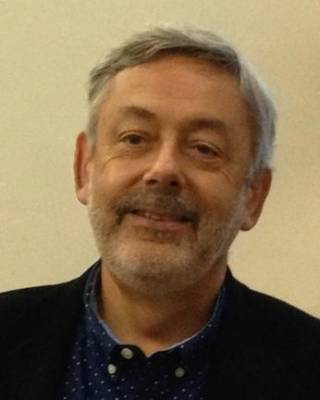
He was formerly Chief Senior Scientist at the Global Risk Forum in Davos, Switzerland (2011–2), Ministerial Contract Professor at the University of Florence in Italy (2005–11) and Professor of Geography at the University of Massachusetts (1981–2002). He is the author of several books, including "Natural Disasters", "Confronting Catastrophe" and "Principles of Emergency Planning and Management". He is Editor-in-Chief of the International Journal of Disaster Risk Reduction, co-editor of 'Disasters' and a Founding Fellow of the Institute of Civil Protection and Emergency Management. David teaches emergency planning and management and has research interests in this field and in earthquake epidemiology. His most recent books are "Recovery from Disaster" (with Ian Davis) and "How to Write an Emergency Plan".
Videos from the field
- Leon Chammah, UNICEF Sudan
- Leon Chammah has more than 20 years of experience in designing, managing, monitoring and evaluating humanitarian and development programs. Mr Chammah occupied several managerial positions within UNICEF, UNDP, and various international NGOs such as CARE, World Vision, Relief International and Catholic Relief Services working in Sudan, Iraq and Lebanon. He also worked as a Local Economic Development expert with the Municipality of Montreal-Canada.
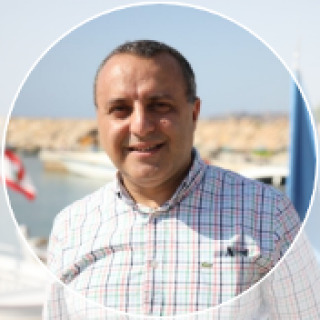
Leon is currently working for UNICEF Sudan on managing a multi-year joint programme with World Food Programme under the Humanitarian, Development and Peace Building (HDP) Nexus, focusing on “Strengthening Resilience and Social Cohesion in Darfur”.
Leon has a master’s degree in business administration, a bachelor’s degree in business computer from Saint-Joseph University in Lebanon and certificates in Local Economic Development from Sherbrook University in Canada and in Decentralization, Democracy and Development from The Hague Academy in Local Governance in the Netherlands.
- Thomas Bamforth, Care - Turkey
- Thomas Bamforth has eighteen years’ experience in humanitarian leadership and development program management across more than 20 countries in the Middle East, Asia, Africa, Caribbean, and the Pacific with Red Cross, NGOs, and UN Agencies. He has worked in humanitarian coordination, operations management, humanitarian diplomacy, policy and advocacy. His areas of thematic experience include humanitarian leadership and coordination, policy analysis, shelter & settlements, protection, organisational development, and disaster risk management.
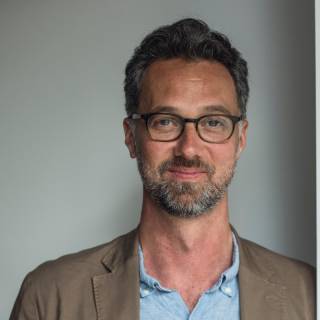
Please note that lunch will not be provided, but there are plenty of places on campus and the surrounding area where food can be purchased.
Catch up now
 Close
Close


